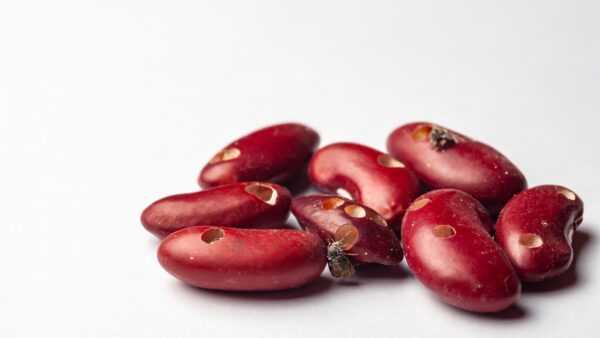Wageningen University & Research is working within the CropBooster-P EU project on a roadmap to make agricultural crops future-proof.
The project will develop a pathway to sustainably doubling Europe’s crop yields by 2050 and preparing these crops for the needs and the future climate of Europe
Ensuring sufficient food to feed the global population in 2050 requires a major rise in agricultural production – the equivalent of a yield growth of between 70% and 100%. “This is indeed a huge task, especially as we have to achieve this growth on the agricultural land that is already in use,” says René Klein Lankhorst, programme developer at Wageningen University & Research and coordinator of the CropBooster-P project.
The project, which was launched in November 2018 and will run until the end of October 2021, has obtained €3 million in funding from the EU’s Horizon 2020 Research Programme.
Wageningen University and Research is leading the initiative that involves 18 European partners, including Research Institutes and Universities, as well as the European Technology Platform ‘Plants for the Future’, the European Seed Association (ESA) and the European Plant Science Organisation (ESPO).
Doubling Is Technically Feasible
According to Klein Lankhorst, it is technically feasible to double the yield of European agriculture by 2050. The key lies in optimizing the photosynthesis process:
“The current agricultural crops now convert a surprisingly low percentage of sunlight into plant biomass; some 0.5 to 1%. Doubling the percentage to 1 to 2% is all we need and this has already been scientifically proven to be possible. But there’s more involved than photosynthesis alone; the improved crops will also have to use water and minerals such as nitrogen and phosphorus very efficiently. Moreover, an increased yield should have no impact on quality and nutritional value. A great deal of additional research will be required to achieve this goal.”
Working With Social Partners
“Various social parties are resisting the use of modern technology in plant breeding,” said Klein Lankhorst. “This is probably partly due to the fact that people don’t feel heard in their objections and doubts related to technological developments. CropBooster-P will therefore from the outset involve society in the development of a roadmap to make our crops future-proof. We will do so by organising a large number of workshops where the challenges facing modern agriculture will be discussed with consumers, the industry and farmers.”
Source: ESA












